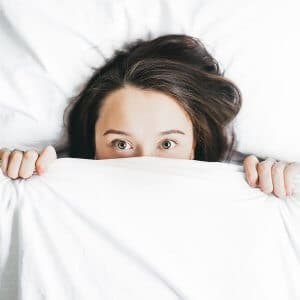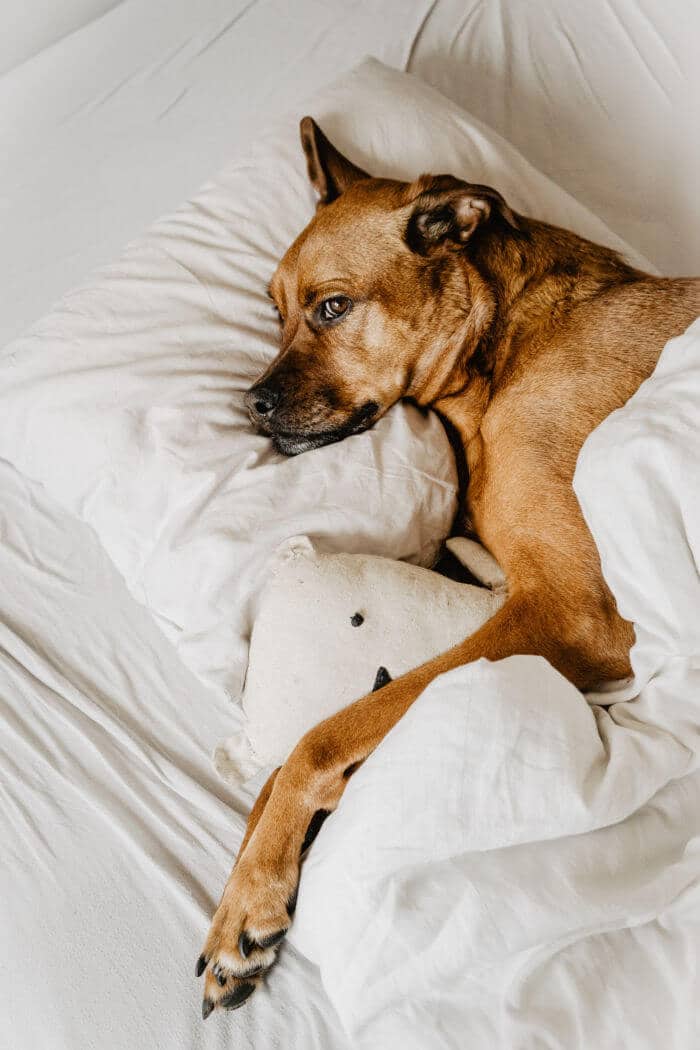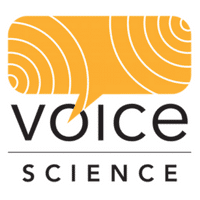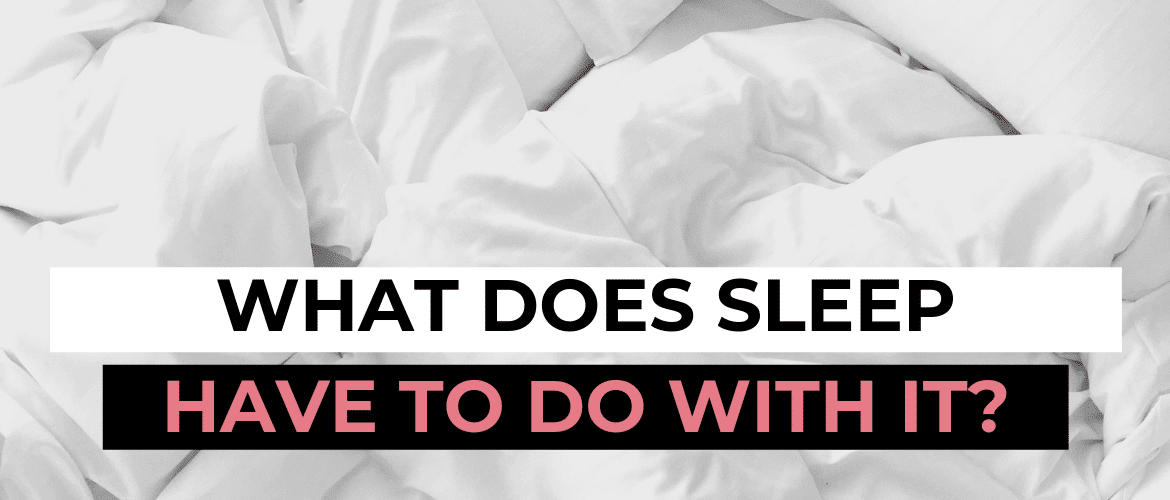Factor 3 – What’s Sleep Got To Do With It? How Sleep Fuels Your Communication
Sleep- Fuels Memory & New Learning
Sleep plays a huge role in a human’s memory formation, in particular, the formation of motor skills. When you undertake speech pathology sessions at Voice Science™ your speech pathologist is showing you how to apply new speech or voice behaviours to improve your communication. Therefore, your sleep quality is going to impact how well you practice and integrate new information from your speech pathology sessions.
The quality of your communication practice sessions matters. The amount of quality practice completed while awake as a “memory representation is formed” during practice that is further developed during consolidation. This type of consolidation occurs exclusively during deep sleep!

Struggling to Learn? Get your Sleep!
Sleep- Kickstarts Your Motor, broom broom!
A study by Walker et al. (2002) showed a 20% increase in motor performance the next morning following a period of practice the day before and a good sleep that night.
Accent modification, voice therapy, fluency strategies and language goals are all motor skills that you can learn at Voice Science™, practice at home, and consolidate during sleep. Get your rest!
Get Sleep Before Building Ikea Furniture With A Partner!
First of all, sleep can impact on your ability to follow instructions and assemble things. So please get enough zzzzzzzz…. Just saying!
A new study popped up this year which speculates sleep deprivation reduces your ability to follow instructions.
Study participants had to show off their model building skills as a team after one night of total sleep deprivation.
Each team was allocated a builder to assemble the model and a describer who had to instruct the builder.
The builders without sleep struggled to assemble. In contrast, describers actually did better at instructing the builders with less sleep.
Need to build that Billy Bookcase or Poäng chair? Get your sleep, buddy!
Sleep Loss Makes It Harder To Solve Abstract Problems
Working in an intellectually challenging job? Problem solving skills plummet with sleep loss (Nebes et al. 2009).

If sleep helps communication so much, why can’t my dog talk yet?
Sleepy Voice
Less than 6 hours of sleep can increase your risk of vocal fatigue (Ferreira et al. 2010).
Similarly, losing sleep also makes you pause more when speaking (Vogel, Fletcher & Maruff, 2010)…
… which makes you … sound …
… like this … not … cool right?
Sleep Loss, Slushy Speech, Monotonous Speech…
Schleeeeeep losh makes you slushy.
Burning the midnight oil may also make you sound more monotonous. We know that the speech of charismatic speakers is more expressive (Harrison et al., 1997) so get your sleep to boost your entertainment value. Above all, by now you should be convinced- Sleep is golden.

Is it time to clean up your Sleep Hygiene?
A Good Nights Sleep, The Booster For Your Speech Pathology Goals
- Have a nightly sleep routine to assist your body to fall asleep faster and stay asleep longer.
- Daily exercise will increase feelings of tiredness later in the evening, benefitting your sleep hygiene.
- Stay away from bright lighting and blue light emitted from your devices in the evening as this will keep you feeling more awake at night.
- Relax by finding an activity that you enjoy that calms your body. This may include reading a book, yoga, a hot bath, meditation, or listening to calming music.
- Avoid alcohol, caffeine and large meals at least 3 hours before bed to minimise the need for your body to digest these foods and drinks and therefore keep you awake.
If you feel you need further assistance with your sleep please consult your doctor. Above all, get your naps, sleepy head!

Modifying your communication takes time and practice. Many speakers opt to consult with a Speech Pathologist to seek assistance in goal based communication progress with methods based on research.Voice Science™ treats from Melbourne to Stuttgart, Zurich, Mannheim, London … wherever you are via our global online service. We also offer face to face consultation via our Melbourne Collins St clinic. Read more about our Services HERE.
Further Reading
Sleep and Voice
Ferreira, L. & do Rosario Dias de Oliveira Latorre, M., Giannini, S., Ghirardi, A., de Fraga e Karmann, D., Egerlan Silva, E., Figueira, S. (2010). Influence of Abusive Vocal Habits, Hydration, Mastication, and Sleep in the Occurrence of Vocal Symptoms in Teachers. Journal of Voice, 24 (1) 86-92, doi.org/10.1016/j.jvoice.2008.06.001.
Niebuhr, O. (2017). Clear Speech — Mere Speech? How Segmental and Prosodic Speech Reduction Shape the Impression That Speakers Create on Listeners. 894-898. 10.21437/Interspeech. 2017-28.
Sleep and Speech Clarity
Harrison, Y., Horne, J. A. (1997). Sleep deprivation affects speech, Sleep, 20,(10), 871–877, doi.org/10.1093/sleep/20.10.871
Holding, B.C., Sundelin, T., Lekander, M., & Axelsson, J. (2019). Sleep deprivation and its effects on communication during individual and collaborative tasks. Scientific Reports, 9 doi.org/10.1038/s41598-019-39271-6
Honig, F. & Batliner, A. & Booklet, T. & Stemmer, G. & Noeth, Elmar & Schnieder, Sebastian & Krajewski, Jarek. (2014). Are men more sleepy than women or does it only look like — Automatic analysis of sleepy speech. ICASSP, IEEE International Conference on Acoustics, Speech and Signal Processing – Proceedings. 995-999. 10.1109/ICASSP.2014.6853746.
Sleep and Motor Learning
Nebes R.D., Buysse D.J., Halligan E.M., Houck P.R., Monk T.H. (2009). Self-reported sleep quality predicts poor cognitive performance in healthy older adults. Journal of Gerontology: Psychological Sciences. 64B(2):180–187. doi: 10.1093/geronb/gbn037.
Walker, M. P., Brakefield, T., Seidman, J., Morgan, A., Hobson, J. A., & Stickgold, R. (2003). Sleep and the time course of motor skill learning. Learning & memory (Cold Spring Harbor, N.Y.), 10(4), 275–284. doi:10.1101/lm.58503
Resources
The Better Health Channel, Victoria: Sleep Hygiene
The National Sleep Foundation (USA): Healthy Sleep Tips
